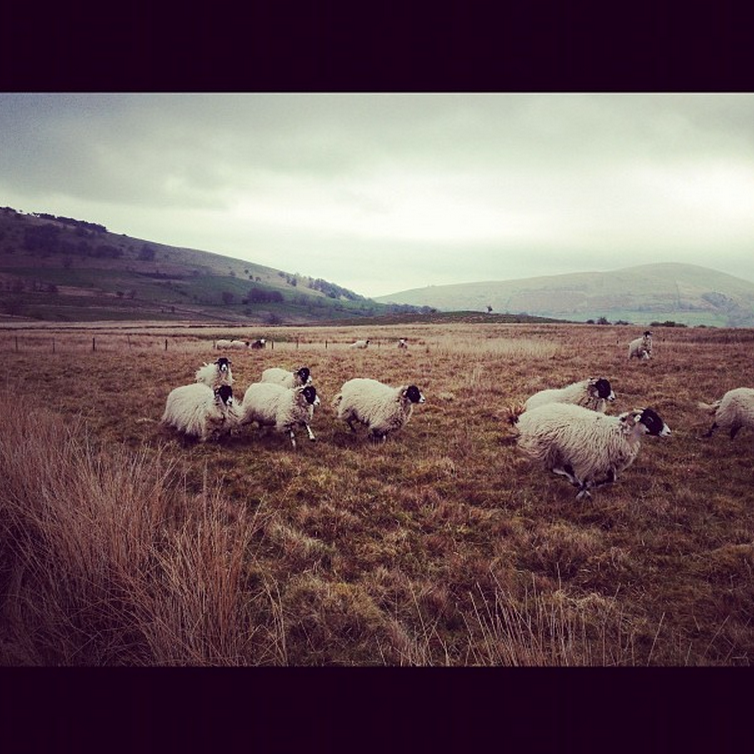
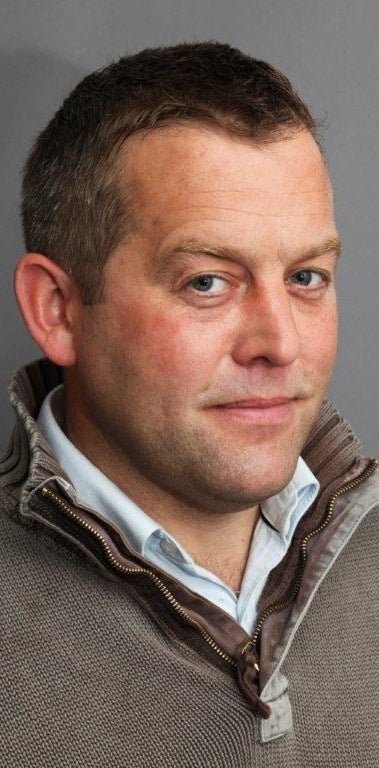
James Rebanks' ancestors have been farming in the Lake District since the 1420s, and the methods he uses to shepherd and rear sheep would be recognisable to the Vikings.
But since the 40-year-old started posting pictures to his Twitter account in 2012, and after live-tweeting the arrival of sheepdog puppies in March, he's become an unlikely social media star (with 44,000 Twitter followers) and the author of a new book.
Here, he talks in his own words about sheepdogs, life on his Matterdale farm, and what the local landscape means to him.
"We’re a fell farm, or a hill farm, whatever you want to call it – we keep sheep. At least half of them are Herdwicks, which don’t exist anywhere else in the world."
"We're a survival of something really, really ancient, the way that we farm. The sheep are ancient, the people are ancient, and somehow we survived in the Lake District. There are about 200 families doing what we do.
"Technically Herdwick sheep are 'at risk', not rare. The definition of risk is that if they were all in one tiny 20-mile block and if there was ever a disease that destroyed the sheep in that area then they would be in really big trouble."
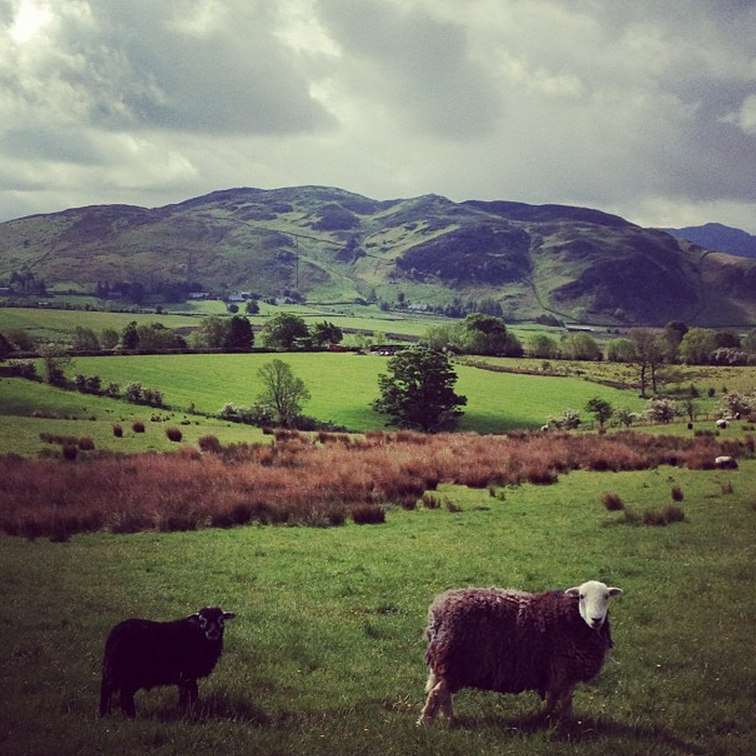
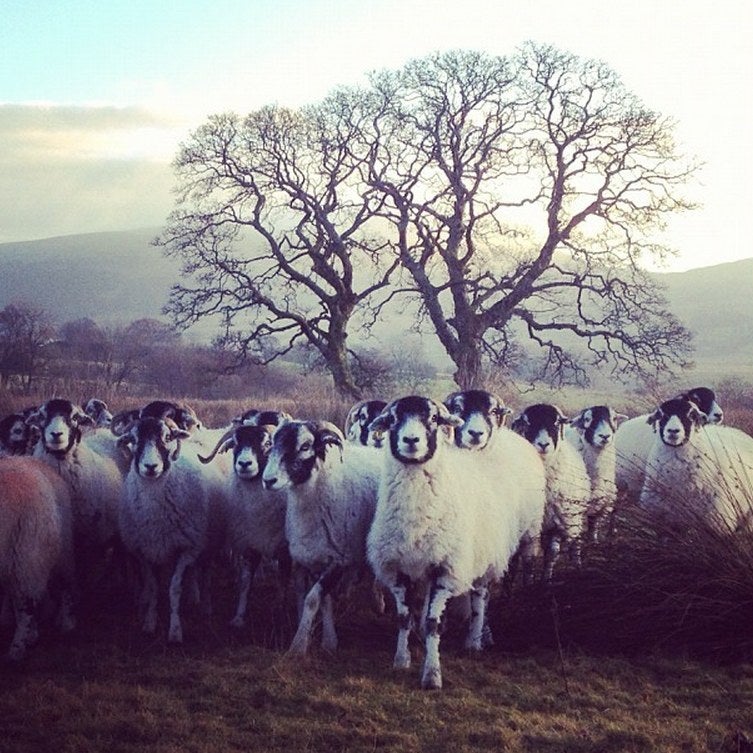
"It's basically Viking, or even Celtic, farming – it's meant to be much older than the Vikings. And despite everything in the world changing around us, we've somehow survived doing that.
"The local myth was that they were Viking sheep and that we were Vikings. Then last year an organisation called the Sheep Trust did some DNA testing and basically proved that it was true – their nearest relatives were in places the Vikings came from, islands in Norway and Sweden and Denmark."
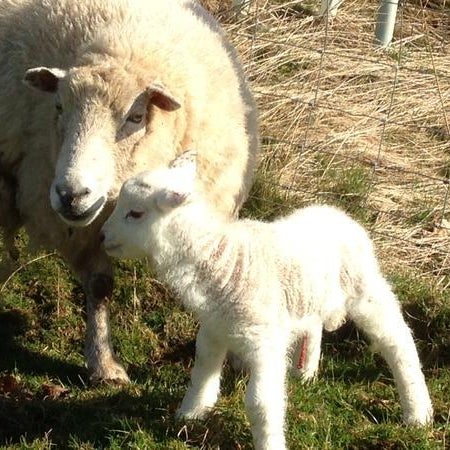
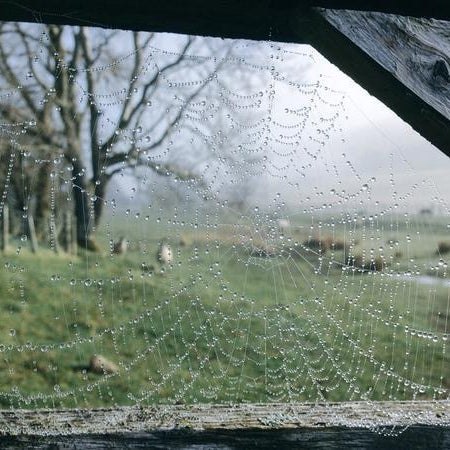
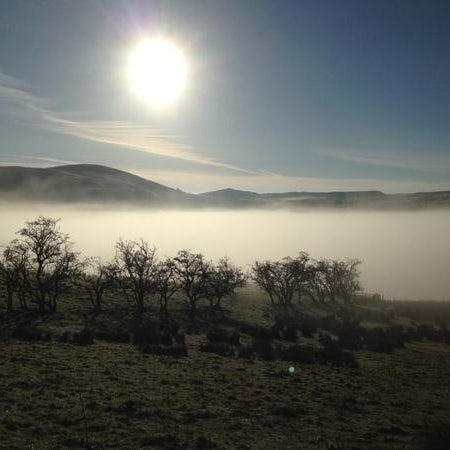
"The reason I do Twitter and the reason I wrote a book is that I grew up thinking that [the farming life] was normal and it turns out it's not. I slowly became aware that we live in one of the most famous and written-about landscapes on earth and nobody, or very few, people write anything about the people who live in it.
"Right from the start that really annoyed me and I thought, 'I'm gonna start doing something,' so I started tweeting. And it might have fallen flat on its face if no one was interested but it's kind of gone mad and it's proven my hunch really, which is that what we do is kind of invisible and kind of forgotten. And that people are just really, really interested and respectful of it."
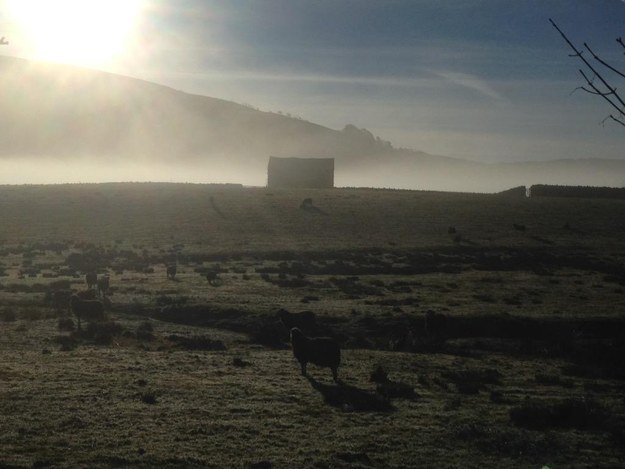
"I crept into taking quite a lot of photographs as part of my daily working life. And then I got an upgrade to an iPhone 4 which had a Twitter app on it, and some friends of mine had been telling me about Twitter and I thought, 'Oh, I'll open an account and stick a couple of pictures on it.'
"It went kind of crazy. It didn't take long before it was thousands of followers and there was media interest quite quickly. I was fascinated by that – it happened by accident.
"On whether I'm a celebrity, I've been trying to make the point that I don't see the world like that. I see myself like my father and my grandfather, as part of a chain of people stretching back over a very long time. I don't think that individually I am particularly important at all.
"It might sound paradoxical but the only way that ancient things can survive is by evolving and communicating their specialness to people. I don't mind doing something 3,000 years old and tweeting about it on a phone that's six months old."
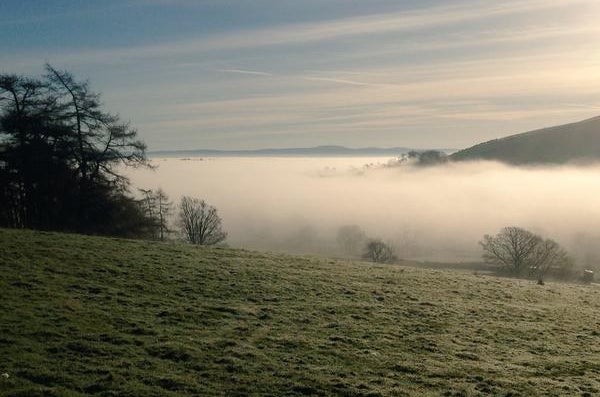
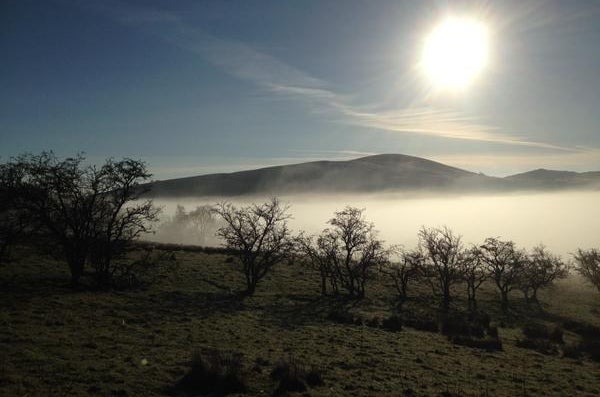
"If I was being honest, for the six to eight months to [the end of] winter it's a difficult job, it's quite a slog. If it was like that the whole year round I'm not sure I'd want to do it. But when you look at it in the round we're also very lucky – from now onwards we'll hopefully get some beautiful weather, and we live in a beautiful place. There are lighter moments, and in some ways you're more free than other people who have jobs in offices and work 9 to 5.
"So there's good things and bad things about it."
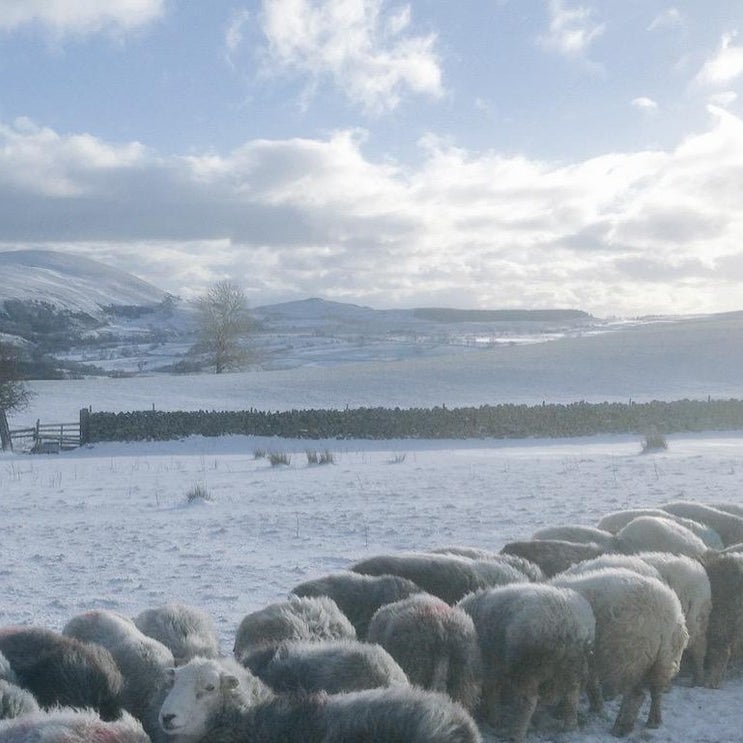
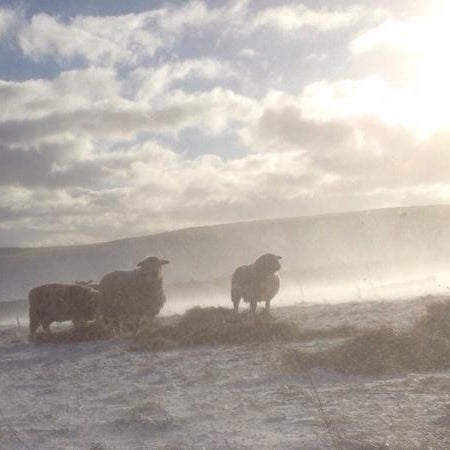

"People are, and it's not their fault, very, very disconnected from the land and farming. I think everybody's aware of that. I feel there's a real, real powerful appetite in the modern world to reconnect with the places they came from and things that their grandfathers did.
"I think people, even if they can't do it, really like the idea that somebody is able to carry on doing the old things and somehow survive. The bigger single problem and the reason all of this is under threat is that somehow we've been duped into disconnecting what we do in a supermarket from what happens in the countryside. We think of them as two separate things and they're not.
"If you go into a supermarket and buy the cheapest stuff, which is what 80% or 90% of people do, then you end up with an American countryside, not a beautiful, historic countryside like we have."
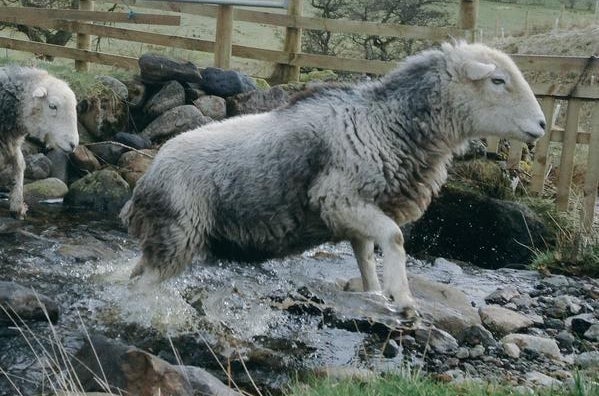

"You're no use to anyone in my line of work if you haven't got a good sheepdog. If I go to the mountains to get the flocks down with 8 or 10 other farmers and I haven't got a good dog, I'm nobody.
"It becomes your tool that defines who you are and how useful you are to other people. You have a status and pride involved in them being good."
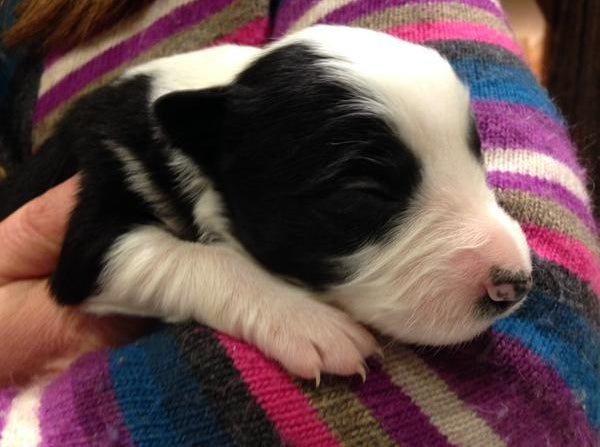
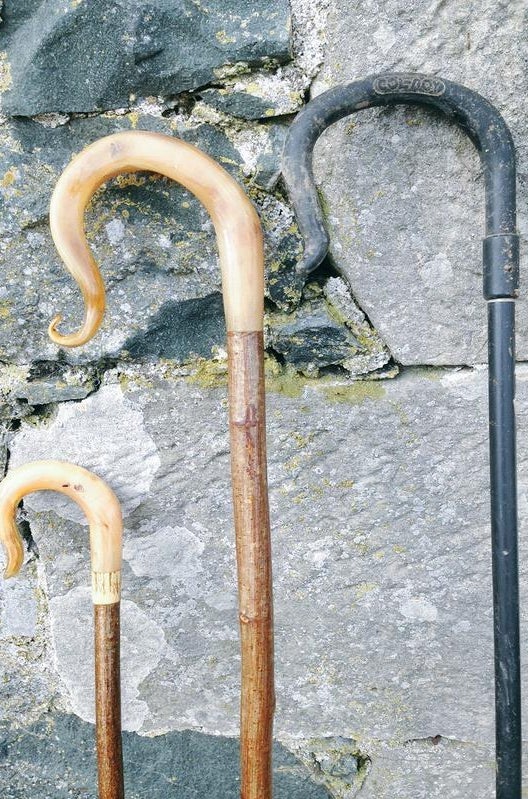
"I didn't expect Floss to have 10 puppies, I can't keep 10. Eight of them probably will be sold in six weeks' time and they will go to other shepherds and friends of ours. They sort of get exchanged backwards and forwards between one another because we don't want them to go to people who don't want to train them properly – that's not in anyone's interest.
"Two of them I'll keep; the best one over the next two or three years will join the team and might even replace Floss, because she broke her leg when she was young so she may not last forever and might get arthritis. I can't afford to not have a dog – I need another one coming through.
"Floss's grandmother was sold by the shepherd who bred her for £5,000. Floss's mother went for £4,500."
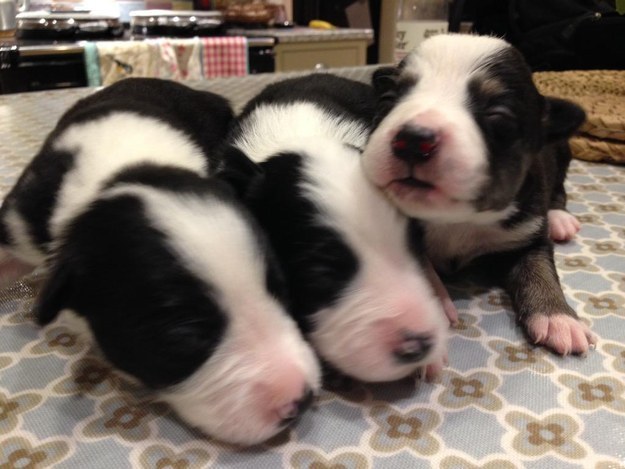
"I'm just starting to lamb my sheep at the moment – it's the busiest month of the year for me. I usually start at 5 o'clock in the morning. It will be dark then so the only work I can do is in my sheepshed. In the shed it's like a hospital, so any of the lambs that have been poorly or ewes that have lost their lambs get seen to. I can do about an hour and half's work in there before the daylight.
"But most of my sheep are outside, so the minute there's any daylight my job for the next couple of hours is to get round all the 400–450 pregnant ewes. And on a quiet morning nothing happens except I feed them. On a hectic morning, 20 or 30 of them might give birth. Some days that's easy, if it's sunny. But if it's a rainy, horrible day and I'm unlucky I might have a dozen different things go wrong around the farm which I have to solve.
"I can't leave any of the pregnant sheep for any more than an hour and a half so I'm on a constant loop around the farm."
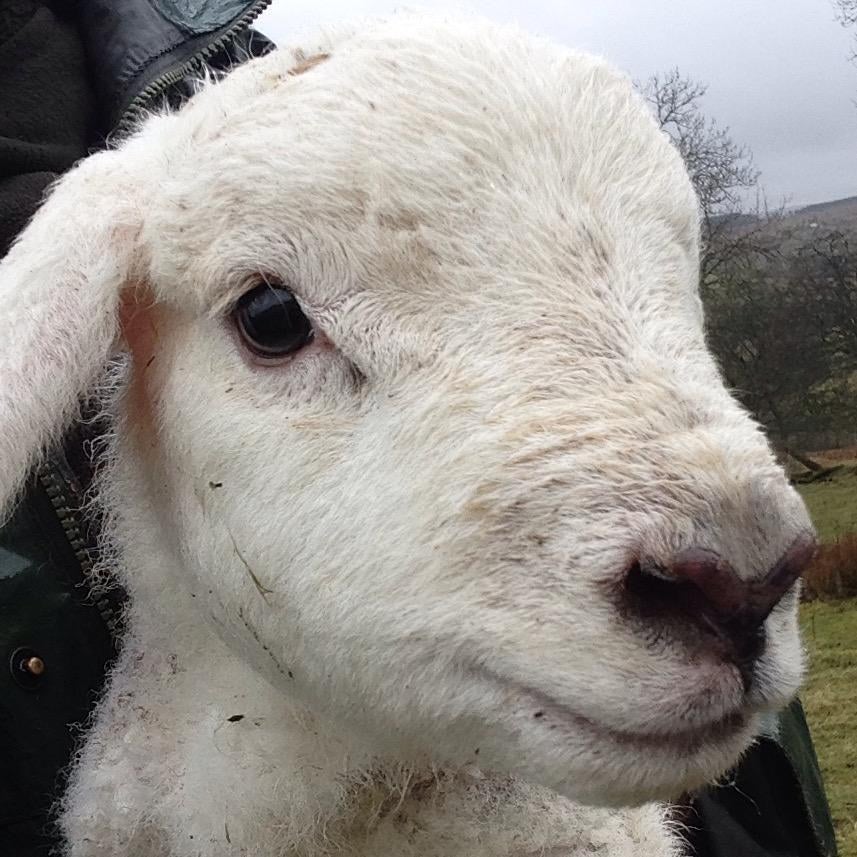
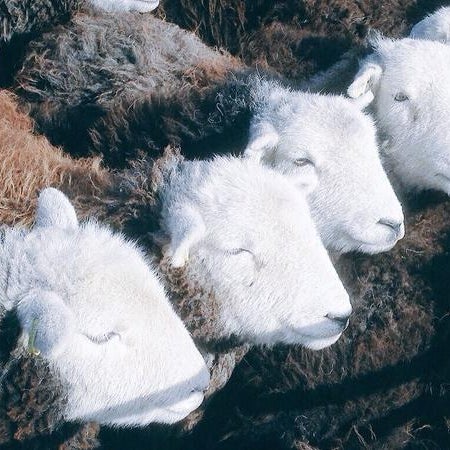
"I don't want to sound too much of a hero. I live in a beautiful place and there will come a point in May, June, or July where there are easier days and then I'm lucky. Because if I want to, I can take an hour off and do something with my kids. I wouldn't get my fiddle out.
"It's a great life for children, they've got so much more freedom. I have Molly, 9, Bea, 7 and Isaac, 3. They have a lovely life, they help me out.
"It would be nice to think that one of them might want to carry it on. I suspect like me they will have to do other things to make money to keep it going – nearly all the farmers here that do what we do, except the very big ones, have other jobs, so they run a B&B or something else in the quieter months of the year."
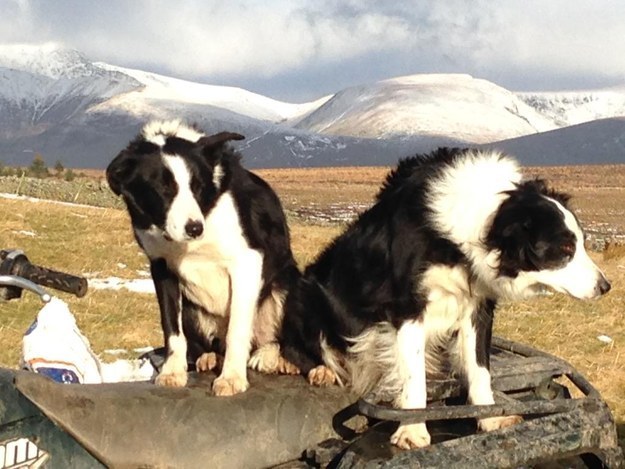
"I don't think I see what other people see when I look around the landscape. I think everybody else has been culturally conditioned to look at mountains in a romantic way. Like a sort of picture-postcard, chocolate-box type of thing.
"And none of us thought like that 200 years ago. It was an invented idea, but it's everywhere now: We all think of a series of mountain peaks with a lake in front of them, with the clouds over them, and the sunshine is beautiful.
"My mentality is older than that, so when I look at mountains I don't just see something that's beautiful – the individual mountains are places where different flocks graze, and I know who the people are who own those sheep, and I know who their fathers were and their grandfathers, and I know how good the sheep are, so there's a million connections.
"I've heard people talk about how Eskimos and how for them it's a storied landscape, it's multi-layered. And I think that's what we see: something with way more detail than most visitors could see."
